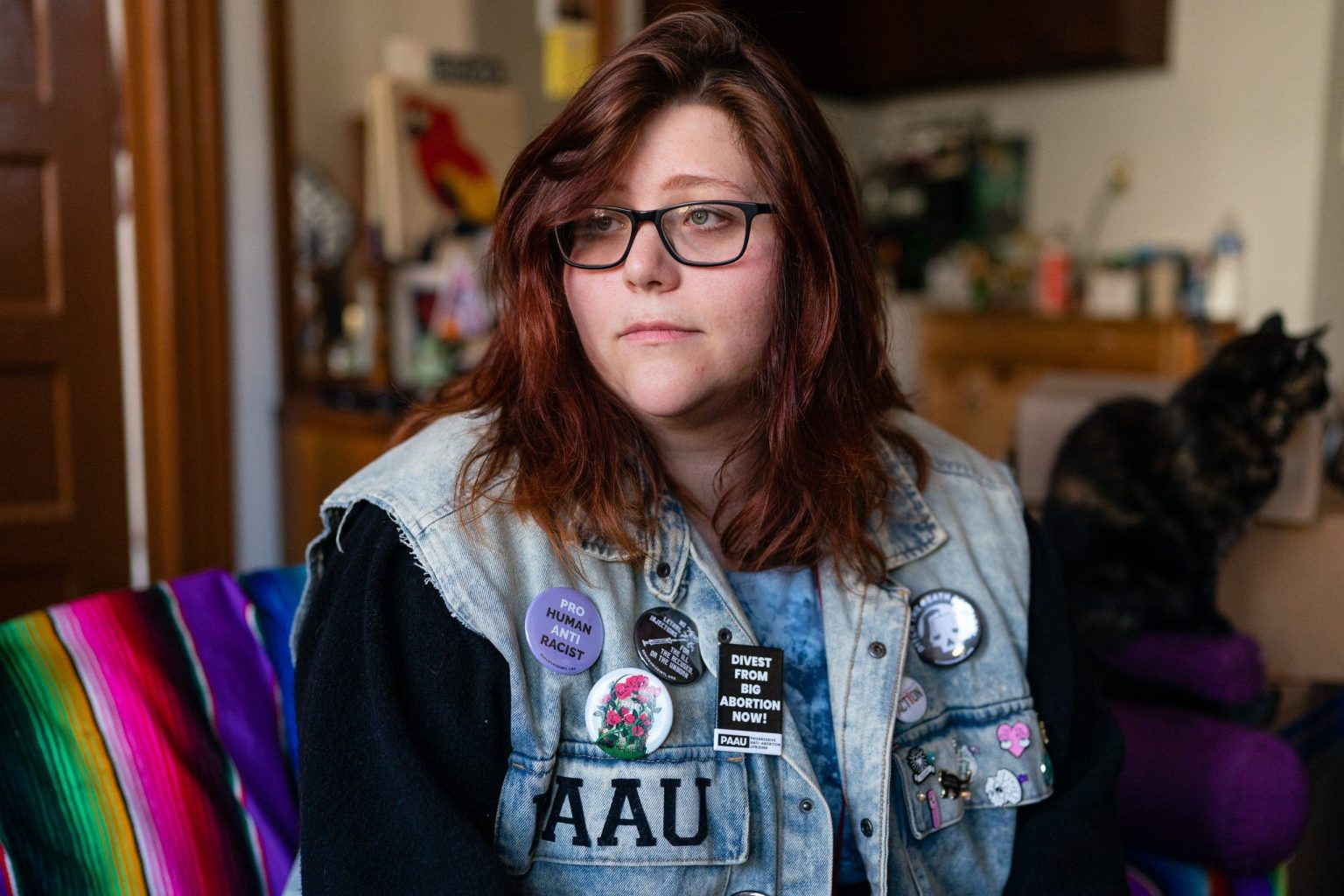Two pro-life activists, Lauren Handy and John Hinshaw, were sentenced to prison on charges of conspiracy against rights and violating the Freedom of Access to Clinic Entrances Act (FACE Act) for their involvement in a 2020 protest at a D.C.-based abortion clinic. Handy received four years and nine months in prison, while Hinshaw received a year and nine months. The protesters blocked access to the clinic by chaining themselves to furniture and live-streaming the protest on Facebook. The activists claimed they were trying to stop the “slaughter of late-term babies” at the clinic.
During their trial, Handy and another defendant referenced a video by pro-life organization Live Action that influenced their decision to participate in the protest. The video showed a clinic employee stating that they would not help a baby born prematurely during an abortion procedure. Prosecutors also found remains of apparently aborted unborn babies in Handy’s home after the indictment. The incident at the clinic led to a confrontation in which a clinic employee was injured and hospitalized. The activists were charged with violating the 1994 FACE Act.
Prosecutors argued that the pro-life activists violated the FACE Act by using physical force and intimidation to prevent individuals from obtaining or providing abortion services at the clinic. The defense requested a one-year prison sentence for Handy, who had been in jail since her conviction in August 2023. Judge Colleen Kollar-Kotelly handed down a sentence that defense counsel Steve Crampton described as “shocking.” Crampton criticized the judge for lecturing Handy on her lack of compassion for women seeking abortion and compared the activists’ demonstration to anti-Israel demonstrations on college campuses.
The judge emphasized that Handy was being punished for her actions, not her beliefs, and stated that the law does not protect violent or obstructive conduct. Prosecutors recommended a six-year prison sentence for Handy, describing her as an anti-abortion extremist who masterminded the clinic invasion and encouraged others to commit similar crimes. They claimed that Handy’s actions traumatized the victims and publicized her offense to her followers. The case highlights the contentious nature of abortion rights and the legal consequences of engaging in aggressive protests at abortion clinics.


